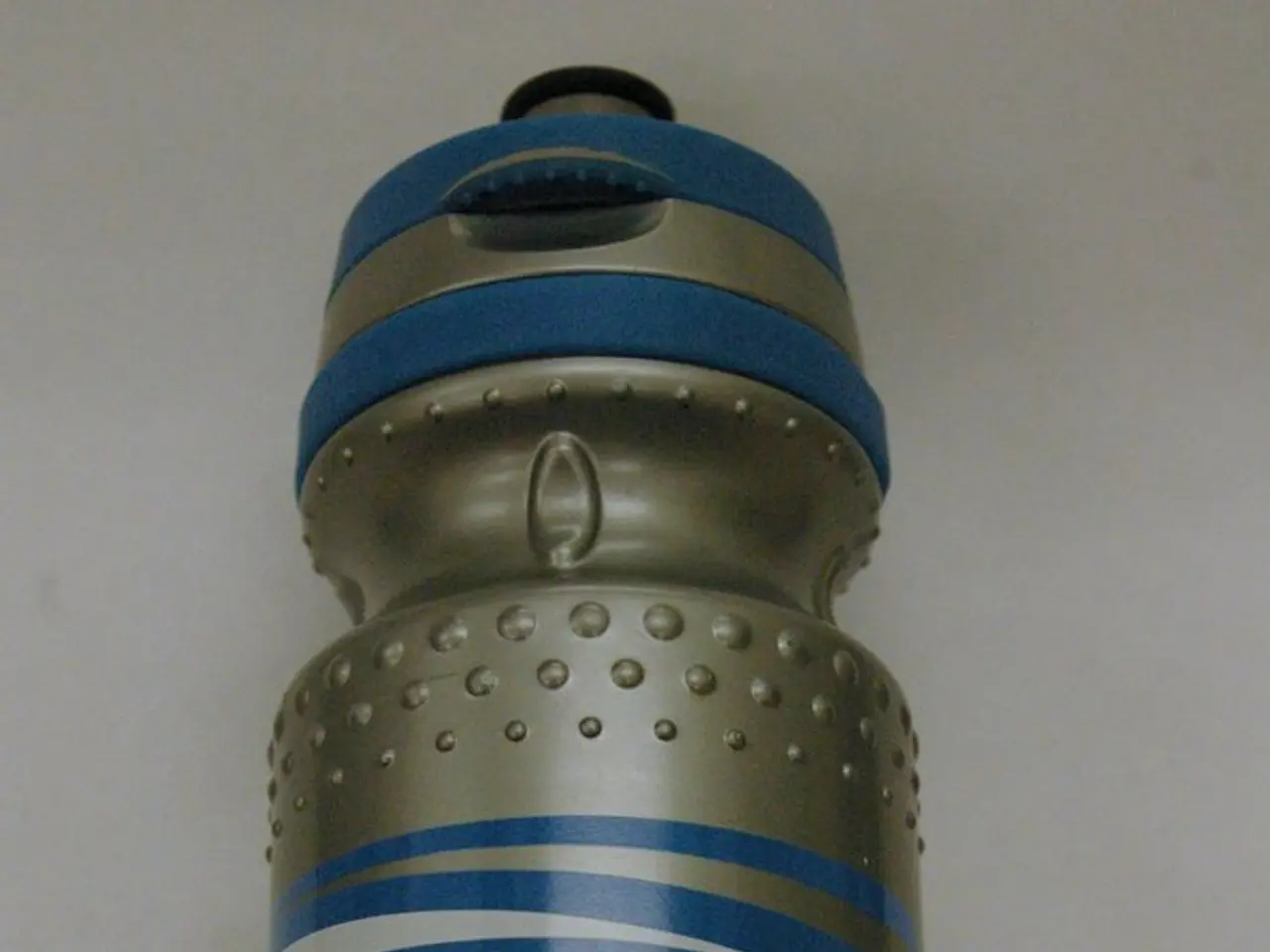New information emerges about the recent authorization of a household cancer detection gadget, with Teal being the one responsible for sharing the details
Current trends in cervical cancer screening are leaning towards the use of self-collected HPV tests, with devices like Teal Health’s Teal Wand leading the way. This shift is driven by the goal of improving screening uptake, particularly among underserved and hard-to-reach populations.
Key trends and benefits of self-collected HPV tests include:
- Increased Screening Rates: Women who receive self-collection kits are about twice as likely to complete cervical cancer screening compared to those receiving traditional reminders or clinic-based calls. A randomized trial showed screening uptake of roughly 41-47% for women offered mailed self-collection kits, versus 17% for those only contacted by phone.
- Comparable or Improved Sensitivity: Self-collected HPV samples have similar sensitivity to clinician-collected cervical samples and higher sensitivity than Pap smears, making the method reliable for primary HPV screening.
- Accessibility and Health Equity: Self-collection addresses barriers such as discomfort with pelvic exams, logistical challenges, and limited access to clinics, which disproportionately affect uninsured, rural, and marginalized women. It thus promotes health equity by expanding access to screening.
- Patient Autonomy and Comfort: Devices like the Teal Wand offer a more comfortable, private alternative to Pap smears, enabling individuals to participate in their own care on their schedule.
- Rapid and Secure Results: Teal Health’s device processes samples with a turnaround time of about one week, reporting results through secure patient portals, with clinical follow-up scheduled as needed, integrating well into existing healthcare workflows.
- Integration into Healthcare Practice: Providers are beginning to implement workflows analogous to those used for other home-based screenings, incorporating virtual medical support and quality control measures.
Teal Health, the company behind the Teal Wand, raised $10 million in January and won Food and Drug Administration approval for the self-collection device in early May. The company plans to start shipping the device to customers in California next month, with plans to expand across the U.S. soon.
The self-collection device was associated with two adverse events: one minor cervical abrasion and one instance of spotting after collection. However, no associated bleeding or pain was reported in the case of the cervical abrasion, and no spotting was noted on the clinician examination following the reported spotting incident.
More than 92% of patients found the instructions for using the self-collection device easy or very easy to understand. Teal Health is partnered with Labcorp, ensuring a seamless process for sample analysis using Roche's Cobas HPV test.
Assuming the test results are comparable, 93% of patients expressed a preference for self-collection over traditional clinician-collection. A project in Sweden suggests self-collection could increase uptake of cervical cancer screening. These combined advantages position HPV self-collection tests like Teal Health’s as a transformative tool in cervical cancer prevention.
Screening rates in the U.S. have fallen this century, with almost one-quarter of women aged 21 to 65 years not being up-to-date with testing in 2023. The wider adoption of self-collected HPV screening devices like the Teal Wand could help address this issue, offering an accessible, patient-centered, and clinically validated approach poised to improve screening uptake and outcomes nationwide.
[1] Teal Health Press Release - May 13, 2025 [2] Teal Health - About [3] Rand Corporation - Self-Collected HPV Tests [4] American Cancer Society - Cervical Cancer Screening
- The use of self-collected HPV tests, such as Teal Health's Teal Wand, is becoming a significant trend in cervical cancer screening, aiming to boost screening uptake, particularly among underserved populations.
- Self-collected HPV samples have similar sensitivity to clinician-collected cervical samples and higher sensitivity than Pap smears, making the method reliable for primary HPV screening.
- Self-collection addresses barriers to cervical cancer screening, such as discomfort with pelvic exams, logistical challenges, and limited access to clinics, promoting health equity.
- Teal Health's device, which processes samples with a turnaround time of about one week and reports results through secure patient portals, has been approved by the FDA and is set to start shipping in California next month, with plans for nationwide expansion.
- More than 92% of patients found the instructions for using the self-collection device easy or very easy to understand, and 93% expressed a preference for self-collection over traditional clinician-collection.
- Teal Health partners with Labcorp for seamless sample analysis using Roche's Cobas HPV test, and the wider adoption of self-collected HPV screening devices like the Teal Wand could help address declining screening rates in the U.S. and improve uptake and outcomes nationwide.
- A project in Sweden suggests that self-collection could increase uptake of cervical cancer screening, positioning HPV self-collection tests like Teal Health’s as a transformative tool in cervical cancer prevention.




